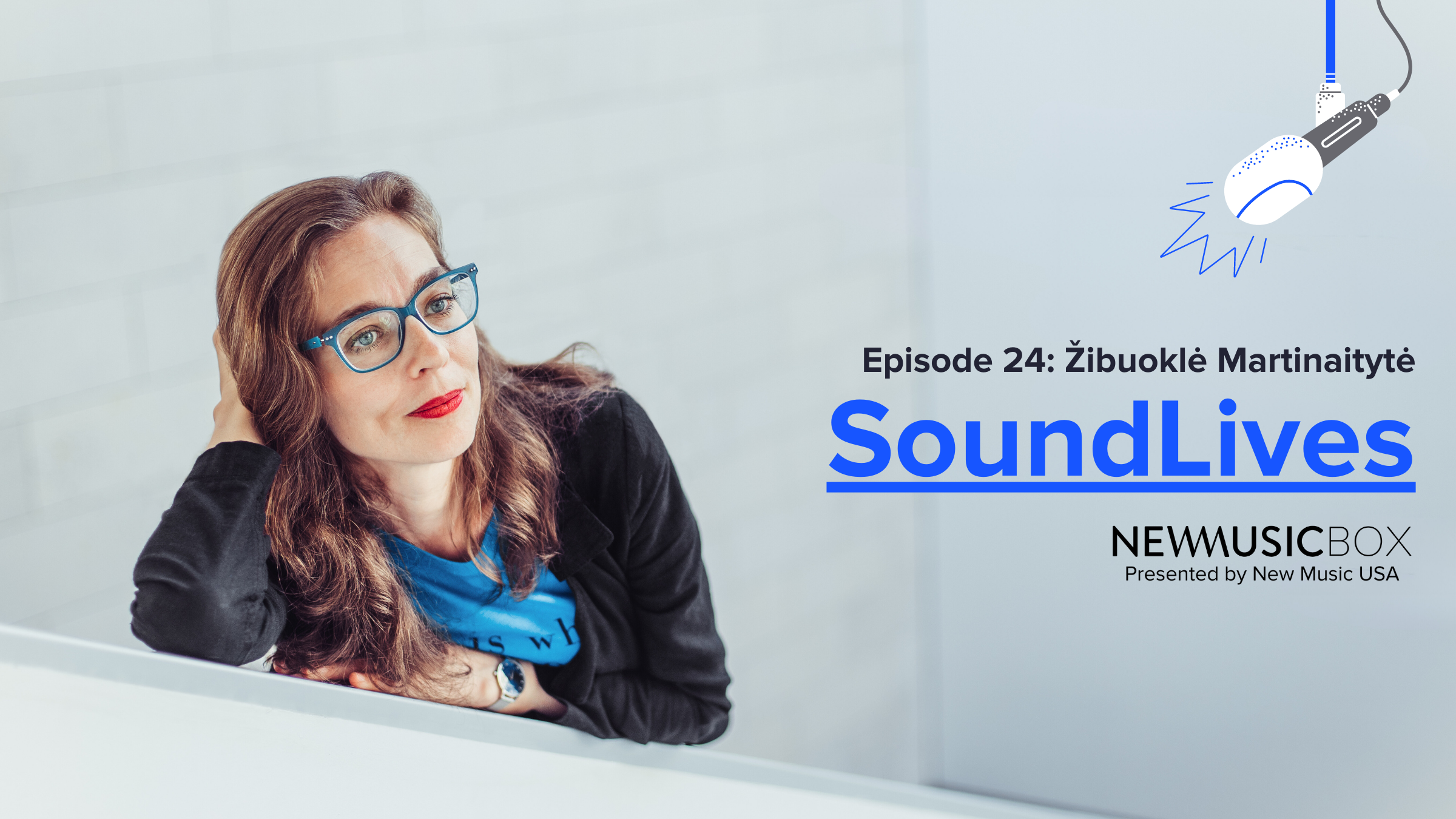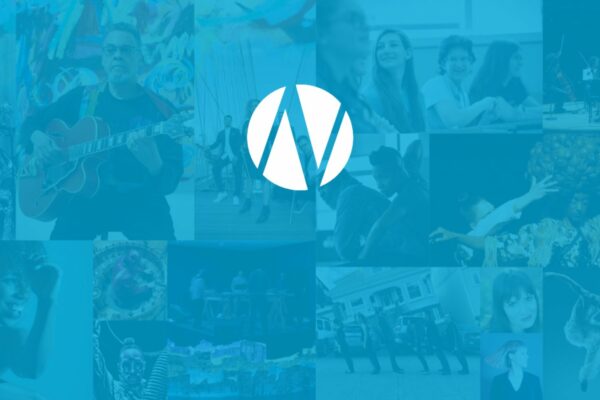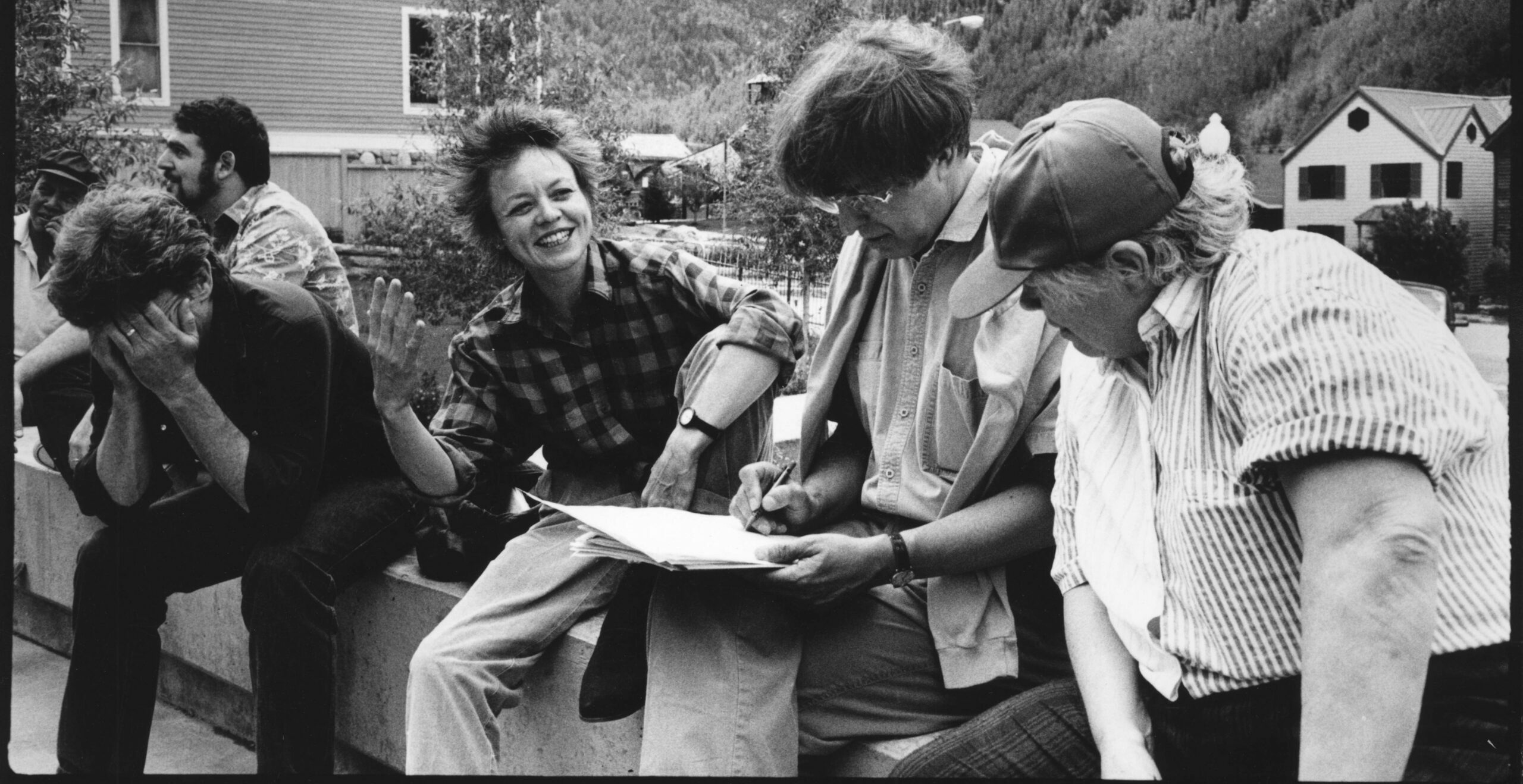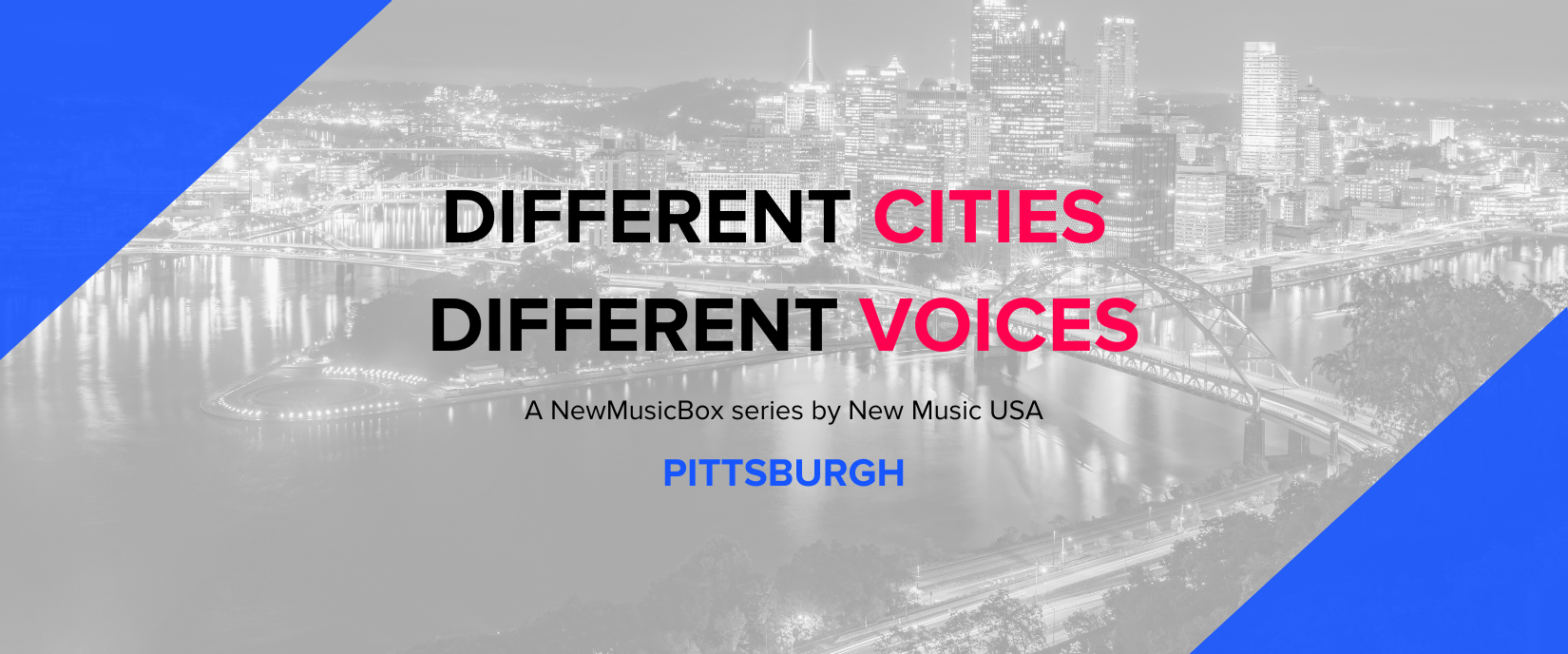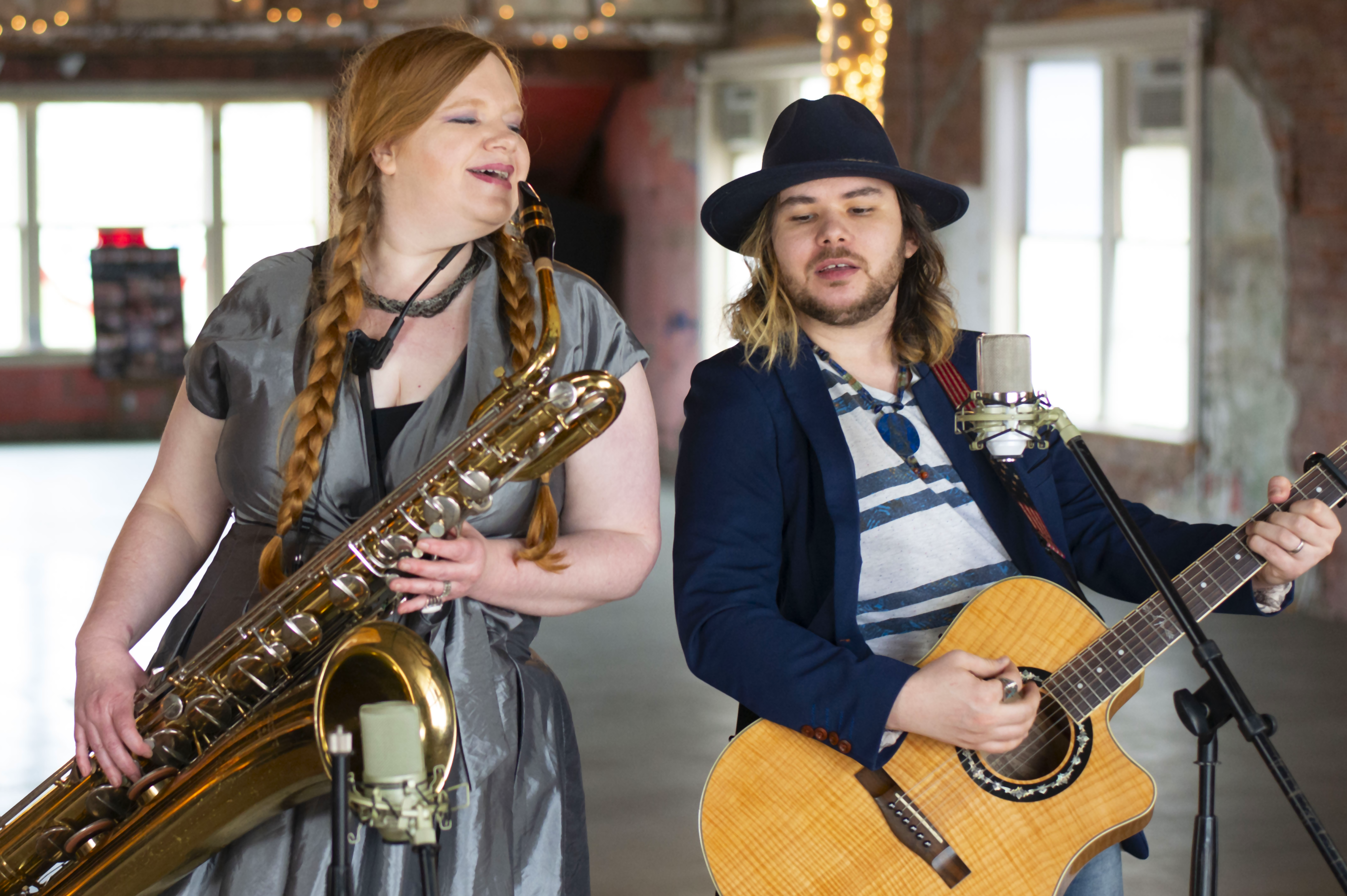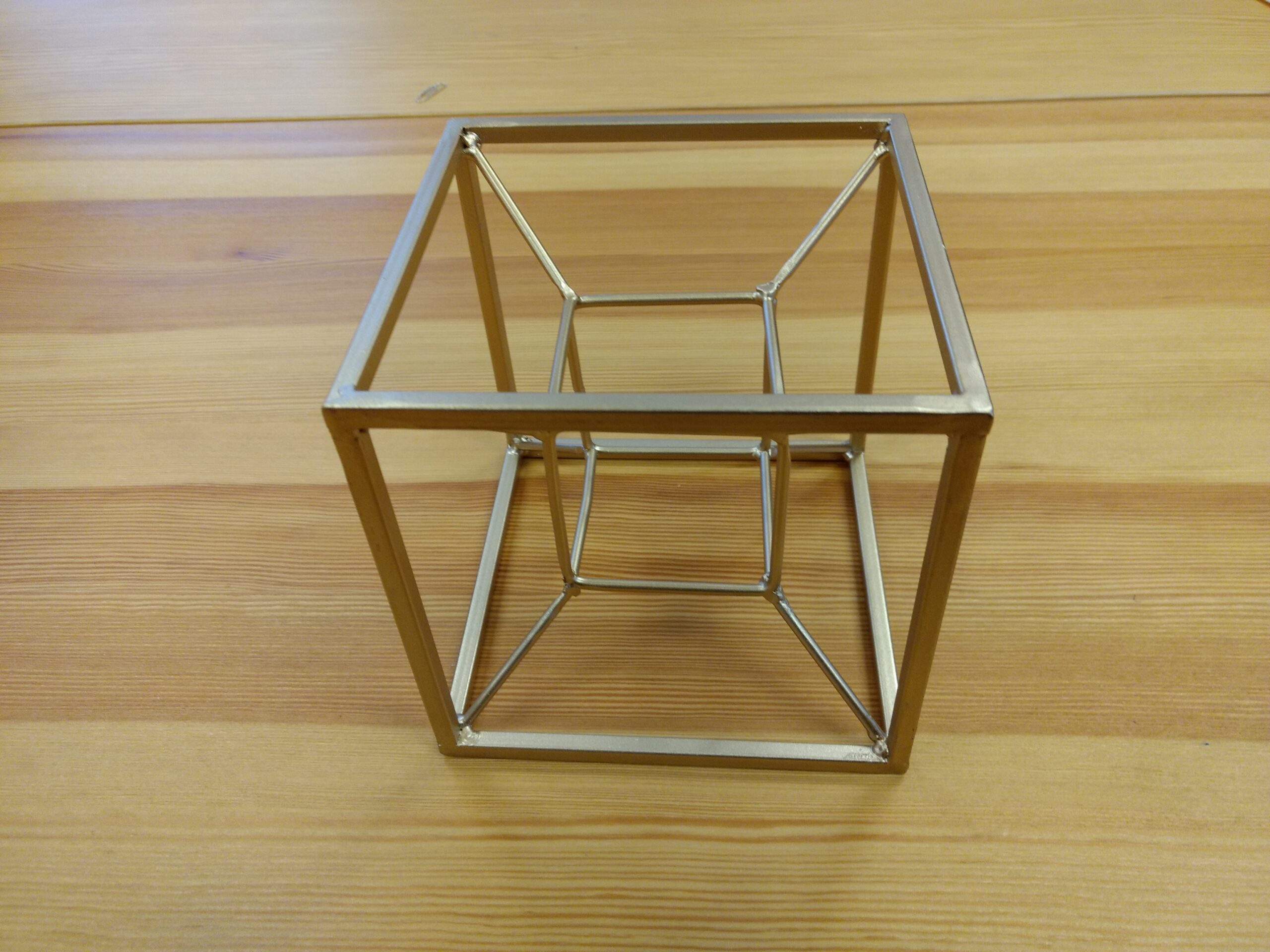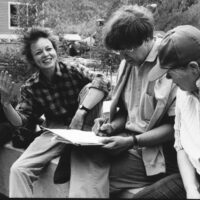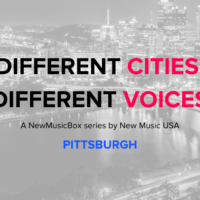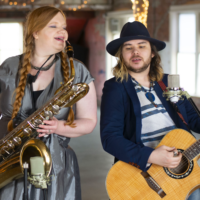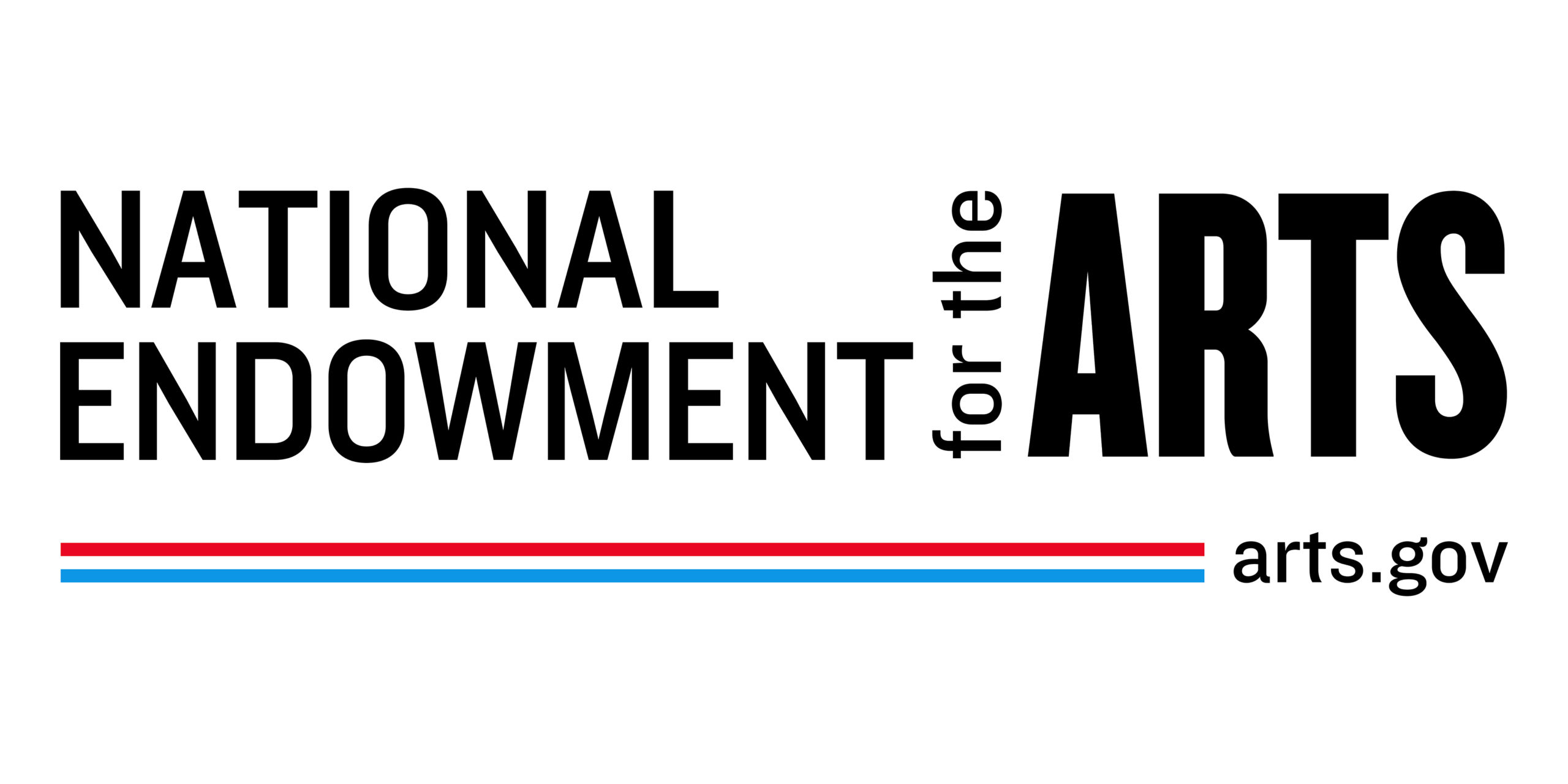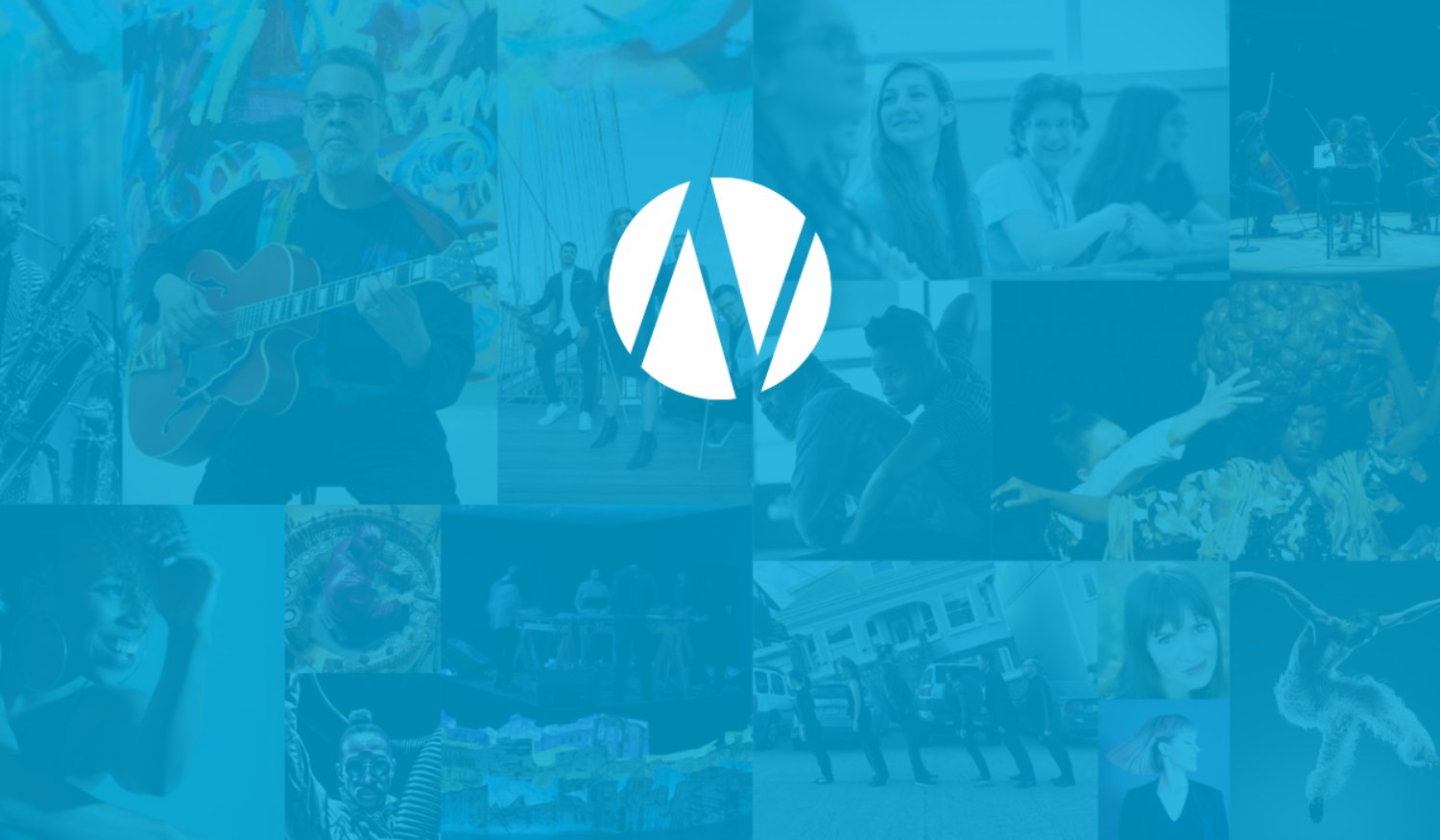
Summer months bring a massive shift in the choral world. As the season closes, it’s not just the music that fades away. Gone are the protracted and intense rehearsal periods when conductors and singers seek perfection for their long-anticipated concerts. As a choral singer and the founder of a choir, I experience a change, even a loss, every year. Others tell me the same thing—and there are 2 million choral singers across the U.S.

Last week in this space, I professed my love for endings that don’t end—those closing moments that imply continuation into infinity and that transcend the boundaries of the performance space. In the spirit of such endings, this week, I’m continuing the discussion of this phenomenon, looking into different aspects of this beautiful artistic conceit.

I’ve long believed that the parsing of music into various genres had more to do with marketing, listening modalities, and assumed audience response than about anything inherent in the music itself. But I’ve also never been able to reconcile the individualistic notion that artistic creations are mostly the work of specific practitioners with the ethnomusicological assertion that all cultural artifacts are the by-product of a particular time period or geographical place.

New music is not new to Austin, but its supporters have largely been of the grassroot variety and its funding has typically come in the form of modest ticket prices, tip jars, and any number of thankless day jobs. Now one of the big players in town, Texas Performing Arts, is using a significant new grant to throw its weight behind not only the creation of new music, but also its presentation to a new audience.

What a pleasure to play in pianist/composer David Lopato’s concert at the University of the Streets performance space last Tuesday. The line-up included; Marty Ehrlich on clarinet, soprano and alto saxophones, and flute; James Shipp on vibraphone and hand percussion; Richie Barshay on drums and percussion; and Hal Friedman on piano (when David and I were playing synthesizers).

As I was discussing several different issues with a colleague who is affiliated with a regional NPR radio station, the topic of my radio show that had focused on living composers came up. I’ve been seriously looking into starting it back up in Western NY and was curious if the folks in their area might be interested. After informing me of who to speak to, my colleague thought about it for a second and incredulously asked “Really? An entire hour of new music?”

For rock bands, going on tour and playing the “standard repertoire” of hit songs is a non-negotiable part of the job. They may say it’s kind of boring and doing new things is a lot more fun and interesting, but performing favorite songs for adoring fans is what pays the bills. Although composers may not have binding contracts, keeping work alive is a crucial part of the venture for us as well.

I’m sitting outside, picnicking with my family in a beautiful spot, sharing a view of a gorgeous river with 5,000 fellow residents of my rural community at southern Maryland’s River Concert Series. I see lots of young kids, teenagers, multi-generational families, people from all walks of life. I see a hillside just behind the stage, full of children running and playing. We’re watching the Chesapeake Orchestra, conducted by Jeffrey Silberschlag. The River Concert Series has been uniting my community for thirteen seasons.

Given the generational asymmetry that characterizes the consumption and imprinting, so to speak, of pop music—which I imagine we could quantify if we had the right market data in front of us—it shouldn’t be surprising that a rock musician’s early material holds a special value to fans who associate that music with late adolescence and early adulthood.

What a week. The Mizzou New Music Summer Festival proved to be an intense, non-stop learning experience. Right from the beginning, I felt like I had been dropped down into the midst of a Hollywood party with all these great composers and musicians. The formal and informal meetings, rehearsals, and activities were never-ending and one activity seemed to flow seamlessly into the next.

Dmitri Tymoczko’s recently published book, A Geometry of Music: Harmony and Counterpoint in the Extended Common Practice, is a fascinating attempt at a generalized music theory and is a synthesis of an extremely broad range of music which is at the same time extremely heady and a joy to read. So it should probably come as no surprise that Beat Therapy, a new disc of Tymoczko’s own compositions, is equally far reaching yet utterly entertaining.

I love endings. I’ve always been drawn to music that ends with a sigh instead of a bang; music that attempts to transcend the finality of the page and to evoke the possibility of continuing into infinity.

The other day composer Raphael Mostel forwarded me a fascinating story about a macaque monkey in Indonesia who ran off with a camera that belonged to British nature photographer David Slater and proceeded to take a few self-portraits with it. Believe it or not, that article is a must read for anyone interested in new music.

One of the things about the Mizzou New Music Summer Festival that has absolutely captivated me this week is the personal role that one of the primary donors, Dr. Jeanne Sinquefield takes in the festival. I have never experienced this type of relationship before, and it has made me think a lot about the importance of patronage from private sources.

There was an overview first on how to find who owns the music that you want to use for a dance production and then how to contact them and pay them the rights. All of the publishers and copyright holders use Google alerts and if you produce a concert with music and don’t clear the rights you will be busted. There were horror stories of people getting charged hundreds of thousands of dollars because they hadn’t cleared the rights.

Here in Columbia, we have experienced much of the usual light-hearted camaraderie and goofing off that makes these types of festivals super fun, but we have also had an enormous amount of insightful discussion about our lives as composers and what we do (or think we are doing) when we compose.

The morning session I attended was about audience engagement and was more interesting than similar panels I’ve gone to at other conferences. One of the things they talked about was having putting the audience as close to the dancers as possible, so close in fact that you could hear them breathing. This idea that dance should be visceral and that the audience should absolutely know how hard they’re working was intriguing.

Six emerging composers from a pool of 153 candidates have been selected as participants in the Minnesota Orchestra’s eleventh annual Composer Institute. They will be in Minneapolis from January 2 to 7, 2012, for rehearsals, seminars and tutoring sessions, as well as a public “Future Classics” concert of their works on Friday, January 6, led by Music Director Osmo Vänskä.

Pop music, like most of pop culture, sees itself as a commodity to be marketed commercially, targeting its listeners as mere consumers with the end result being to make money for those who distribute it—with the actual manufacture of the media (LP, cassette tape, CD, etc.) as part of the distribution process—while those who create the music in the first place receive as little remuneration as possible.

I’ve been mulling over whether or not to write about Jan Swafford’s piece in Slate magazine about contemporary concert music, “A Grand Tour of Contemporary Music: All the new noise explained.” Many of the positives and negatives of the article have been hashed over, but one concept still seems to be left hanging—the actual point of his piece.

The Dance USA opening is inside the theater and the atmosphere here is festive but there are no performances; they’re saving those for Friday night at the Museum of Contemporary Art. For now there’s just a lot of food and booze and happy people mingling. I spoke with several people and all of them were interested in the fact that I am a composer and many of them had worked directly with composers in their productions.

The Ariels and the Savvy Musicians and the Beyond Talents all say that it is important to spend time engaging with one’s audience, and while this is very true, it is also important to have a sense of how such activities contribute—or don’t—to one’s well-being as an artist and as a person.

When we practice an instrument or compose a new work, we are drawing upon hundreds of years of musical and technical knowledge, and through interfacing with our own unique personalities we transform that knowledge into something novel passed on to future generations; therefore, “my” music is really something like 90% outsourced, with my own contributions comprising only a sliver of the research, experimentation, and notational decisions necessary for “my” piece’s completion.

There is not much about Columbia, Missouri, that screams NEW MUSIC, and it may seem an unlikely place to host a vibrant festival with headlining names such as Roger Reynolds or Alarm Will Sound. However, Columbia, Missouri, is now home to a burgeoning new music scene in which the Mizzou New Music Summer Festival plays an important part.
